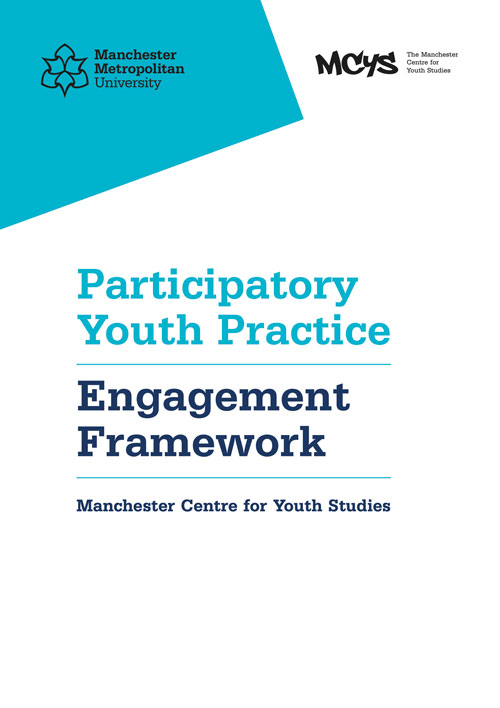
Participatory Youth Practice (PYP)
Purpose
Originally created between 2015-2017, PYP is an evidence-based, research-informed framework of youth justice practice, developed through co-creation
and participatory research with justice-involved children in Greater Manchester.
It uses children’s lived experiences, supported by academic theory and research evidence, to formulate a new approach to youth justice practice.
Youth-led principle
Participatory Youth Practice is based on a set of eight theoretically framed principles for youth justice practice that were co-created with children.
These are…
- Let Children participate
- Always unpick why (in relation to children’s behaviour)
- Acknowledge children’s limited life chances
- Avoid threats and sanctions
- Help children problem solve
- Develop children’s ambitions
- Remember it’s children’s own choice to stop offending
- Afford children a fresh start
You can see the film developed in partnership with children involved in the youth justice system, in which they explore their own perspectives on the importance of participatory practice.
Since the re-launch in 2023, Hannah Smithson and Tom Lang have provided PYP training sessions to approx. 200 colleagues across Greater Manchester. The PYP framework has been written into each of the nine GM Youth Justice Teams’ Business Plans, it forms the basis of the GMCA’s Youth Justice Transformation Strategy, its written into GMP’s 2025 Policing Plan and PYP is presented as a model of best practice by the Youth Justice Board in their revision of case management and by His Majesty’s Inspectorate of Probation.
The CEO of Positive Steps, Oldham, Paul Axon explained ‘because of the work we’ve done around participation in youth justice, young people are being assessed in a different way, worked with in a different way and that is a direct result of this project’
The Head of Service at Manchester Youth Justice Service, Tom Lang, reflected on his experience of using PYP, ‘I find having conversations around the eight key areas of PYP really brings together what we do as a service. I use the same principles with my staff, getting them to take ownership of their team and the service we deliver, and having the confidence to say that we are a service that truly allows the kids to participate’

